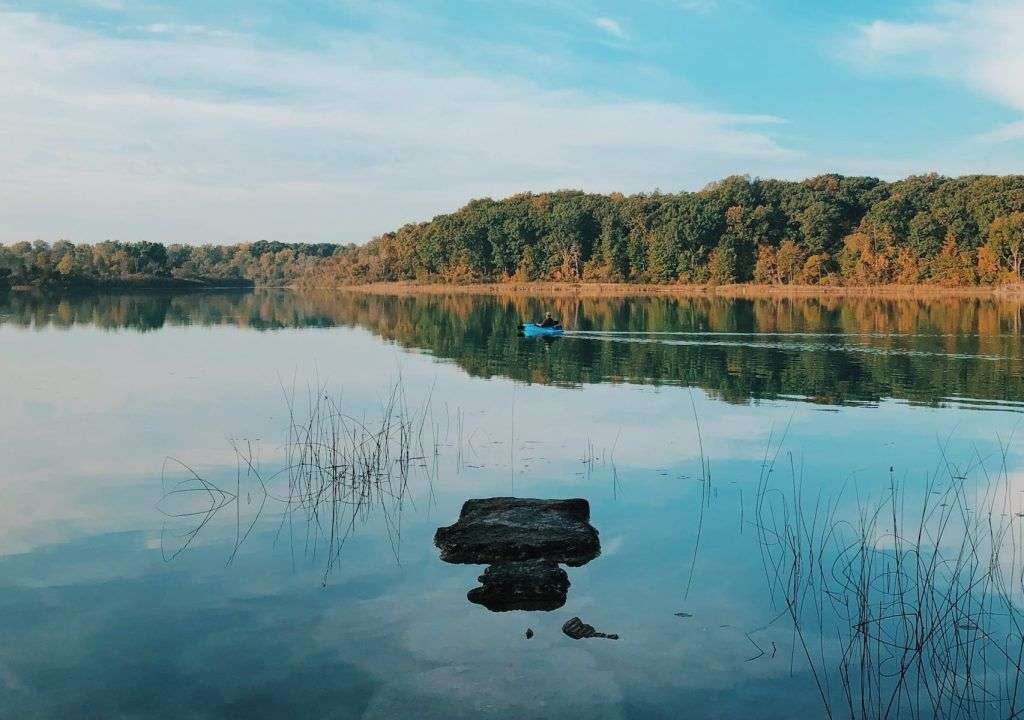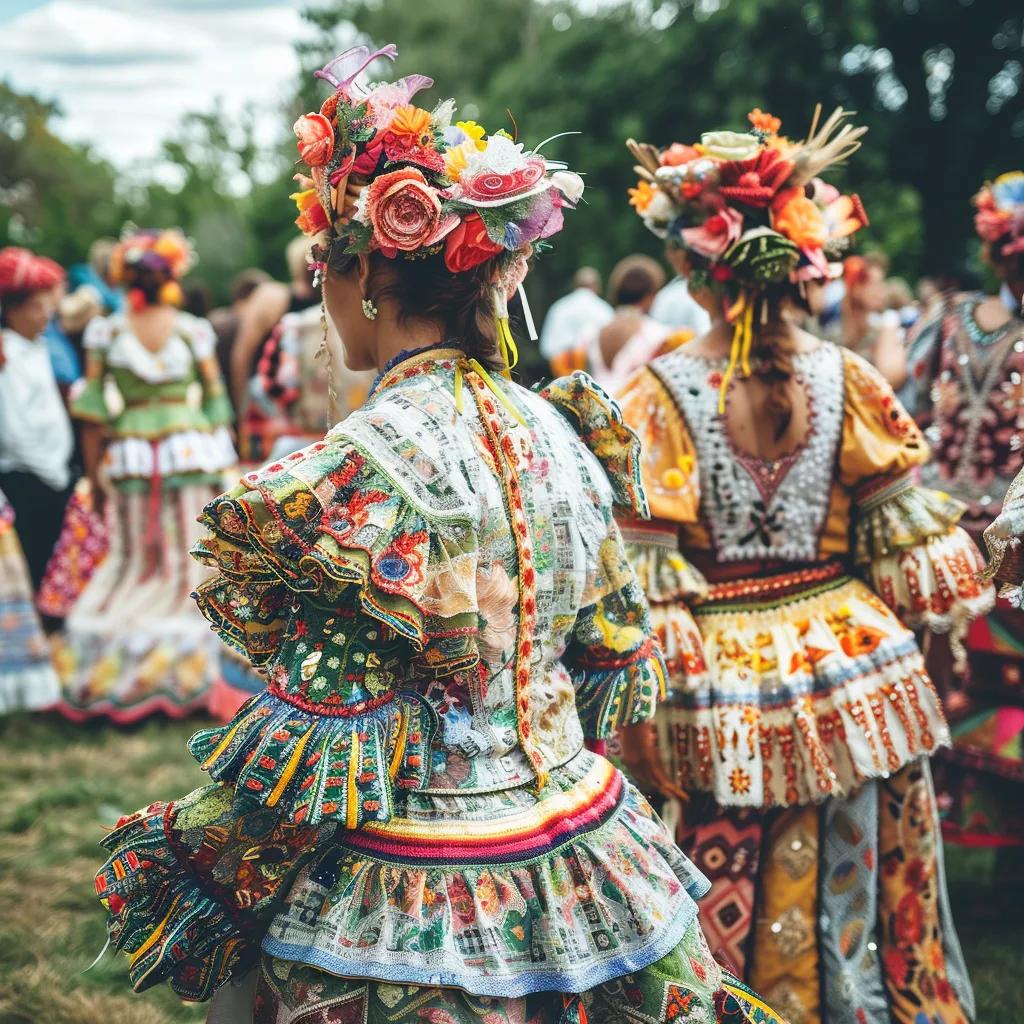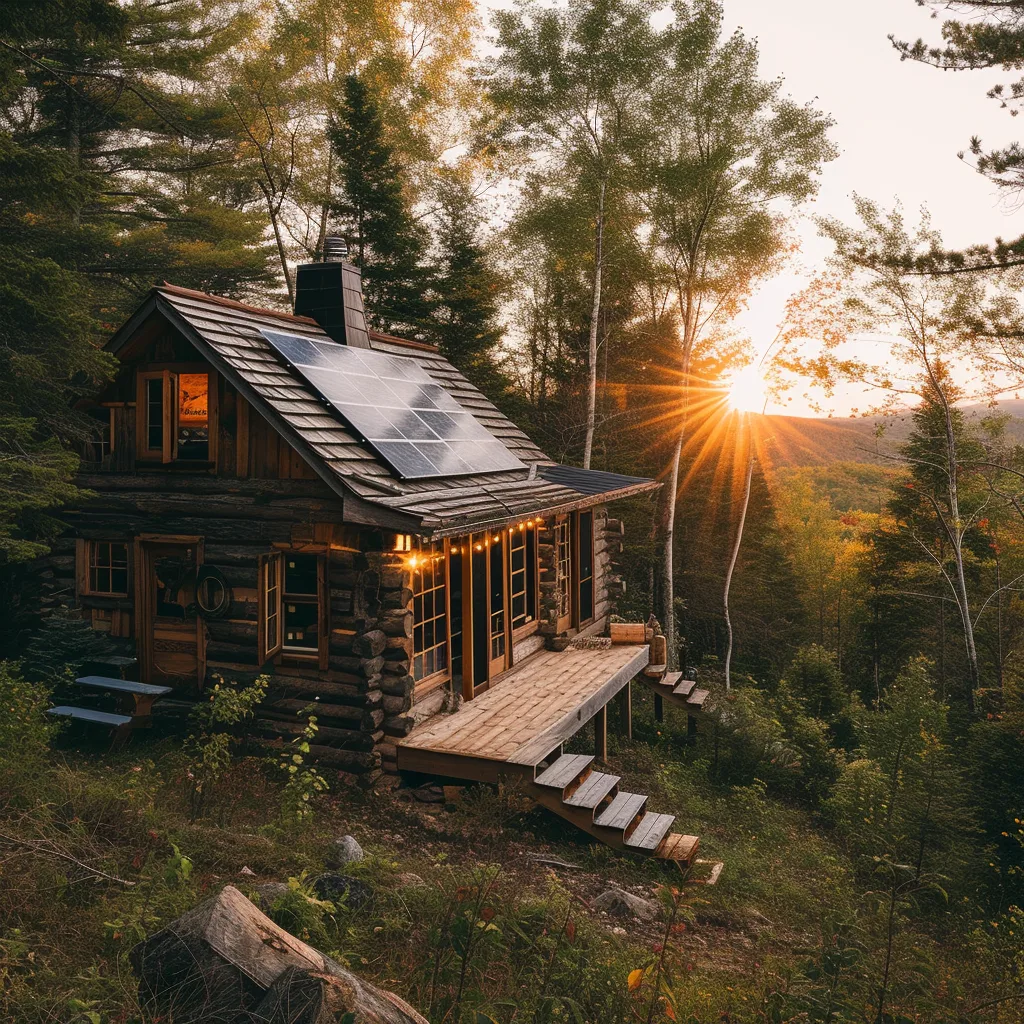If you’re looking to embrace off-grid living, Michigan might just be the perfect state for you, despite its harsh winters. With a variety of counties offering ideal conditions, such as Macomb, Hillsdale, Keweenaw, Huron, Jackson, Van Buren, and Marquette, there are plenty of options to choose from. What makes Michigan attractive for off-grid living is its low property prices, low cost of living, and abundant access to fresh water. However, it’s important to note that cities like Detroit and Flint are not recommended for this lifestyle. Each county in Michigan has its own advantages and climate considerations, but overall, the state’s natural beauty and resources make it an ideal place to embrace a self-sufficient lifestyle. Engaging with off-grid communities can provide valuable support and knowledge for your transition. While living off-grid is legal in Michigan, it’s worth checking local regulations as they may vary. Ultimately, the easiest place to live off-grid depends on your individual preferences, but states like Alaska, Montana, and Idaho are often considered easier for this lifestyle. The cheapest place to live off-grid will vary based on factors like land prices and the overall cost of living.
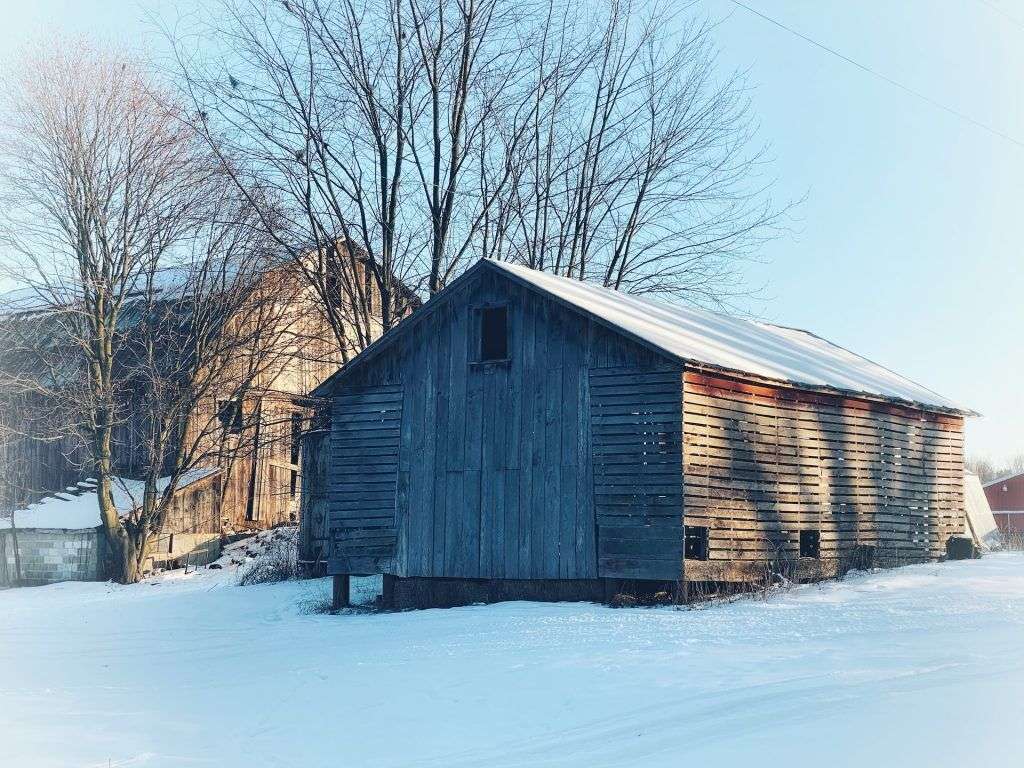
Best Counties for Off-Grid Living
If you’re considering the off-grid lifestyle in Michigan, you’re in luck! Despite its harsh winters, Michigan is a great state for off-grid living. There are several counties that stand out as the best options for those looking to embrace this self-sufficient way of life. These counties include Macomb County, Hillsdale County, Keweenaw County, Huron County, Jackson County, Van Buren County, and Marquette County. Each county has its own unique advantages and considerations, so let’s take a closer look at what makes them the best counties for off-grid living in Michigan.
Macomb County
Macomb County is a fantastic choice for off-grid living due to its proximity to the Great Lakes, which provide easy access to fresh water. This makes it easier to meet one of the basic needs of off-grid living. In addition to its water resources, Macomb County also offers relatively low property prices, which can make it more affordable to purchase land and build or set up your off-grid homestead.
Hillsdale County
While Hillsdale County may not have the same waterfront advantages as Macomb County, it still has a lot to offer for off-grid enthusiasts. The county enjoys a milder climate compared to other parts of Michigan, making it more suitable for off-grid living. The moderate temperatures and lower snowfall are definitely advantages for those looking to embrace the off-grid lifestyle in Michigan.
Keweenaw County
Keweenaw County, located on the Upper Peninsula of Michigan, is another top choice for off-grid living. This county is known for its stunning natural beauty, with its rugged landscapes and picturesque views. It offers a true escape from the hustle and bustle of city life, making it an ideal location for those seeking peace and tranquility. Additionally, Keweenaw County has an abundance of natural resources, making it easier to sustain an off-grid lifestyle.
Huron County
Huron County is a hidden gem for off-grid living in Michigan. Located along the shores of Lake Huron, this county offers beautiful waterfront views and ample opportunities for outdoor activities. The county also boasts a relatively low cost of living, making it more affordable for off-grid residents. If you’re looking for a balance of natural beauty and affordability, Huron County should be high on your list.
Jackson County
Jackson County is a great option for off-grid living due to its rich agricultural history. The county has fertile soil, which is perfect for growing your own food and becoming self-sufficient. Additionally, Jackson County’s proximity to larger cities like Ann Arbor and Detroit provides access to necessary resources and amenities. This balance of rural living and access to urban areas makes Jackson County an attractive choice for off-grid living.
Van Buren County
Van Buren County offers a unique combination of natural beauty and off-grid living perks. This county is known for its diverse landscapes, including forests, wetlands, and freshwater lakes. It provides ample opportunities for outdoor activities like hiking, fishing, and hunting. Van Buren County is also home to a strong off-grid community, which can provide support and resources for those looking to make the transition to off-grid living.
Marquette County
Last but not least, Marquette County is an excellent option for off-grid living in Michigan. Situated along the shores of Lake Superior, this county offers breathtaking views and access to natural resources. Marquette County is known for its pristine forests, making it a haven for nature lovers. The county also has a relatively low population density, which means there is plenty of open land available for off-grid living.
Advantages of Off-Grid Living in Michigan
Now that we’ve explored the best counties for off-grid living in Michigan, let’s delve into the advantages of choosing this lifestyle in the Great Lakes State.
Low property prices
One of the major advantages of off-grid living in Michigan is the low property prices. Compared to other states, Michigan offers affordable land options for those looking to establish an off-grid homestead. This can significantly reduce the upfront costs associated with starting an off-grid lifestyle, making it more accessible for individuals and families alike.
Low cost of living
In addition to affordable land prices, Michigan also boasts a low cost of living. This means that the day-to-day expenses of off-grid living, such as groceries and utilities, can be more affordable compared to other states. Lower living costs can provide financial freedom and peace of mind for off-grid residents, allowing them to focus on sustainable living and self-sufficiency.
Access to fresh water
One of the most important considerations for off-grid living is access to fresh water. Michigan is surrounded by the Great Lakes, which contain about 20% of the world’s fresh surface water. The abundance of fresh water in Michigan makes it easier for off-grid residents to meet their water needs. Whether it’s through well water or collecting rainwater, having access to fresh water is essential for off-grid living, and Michigan provides ample opportunities for this.
Not Recommended Cities for Off-Grid Living
While Michigan offers many great options for off-grid living, there are a few cities that are not recommended for this lifestyle. Detroit and Flint, in particular, have their own unique challenges and considerations that make them less suitable for off-grid living.
Detroit
Detroit, the largest city in Michigan, is not an ideal choice for off-grid living due to its high population density and lack of open land. Finding suitable land for off-grid living can be a challenge, and the urban environment may not provide the necessary resources and infrastructure for a self-sufficient lifestyle.
Flint
Similarly, Flint poses its own challenges for off-grid living. The city has been facing a widely publicized water crisis, with issues related to contaminated water supply. Ensuring access to safe and clean water is a top priority for off-grid living, and the current situation in Flint makes it a less than ideal location for this lifestyle.
Considerations for Each County
Let’s now dive into the unique advantages and considerations for each of the best counties for off-grid living in Michigan.
Macomb County’s advantages
Macomb County stands out for its proximity to the Great Lakes, providing easy access to one of the most important resources for off-grid living: fresh water. In addition, the county boasts low property prices, making it more affordable to purchase land and establish an off-grid homestead. The combination of water resources and affordability makes Macomb County an attractive option for off-grid enthusiasts.
Climate considerations in Hillsdale County
Hillsdale County enjoys a milder climate compared to other parts of Michigan, making it more suitable for off-grid living. The moderate temperatures and lower snowfall can make it easier to establish and maintain self-sufficient systems, such as solar power and food production. The climatic advantage of Hillsdale County provides off-grid residents with a more manageable and comfortable living environment throughout the year.
Benefits of Keweenaw County for off-grid living
Keweenaw County, located on the Upper Peninsula, offers stunning natural beauty and a true escape from the fast-paced urban life. The rugged landscapes and picturesque views provide a serene setting for those seeking peace and tranquility. Furthermore, Keweenaw County has an abundance of natural resources, including forests and freshwater lakes, making it easier to sustain an off-grid lifestyle. Embracing off-grid living in Keweenaw County means being surrounded by nature’s beauty and having access to the resources needed for self-sufficiency.
Huron County’s unique features for off-grid living
Huron County, situated along the shores of Lake Huron, offers beautiful waterfront views and ample opportunities for outdoor activities. The county’s relatively low cost of living makes it more affordable for off-grid residents. The combination of natural beauty and affordability makes Huron County a desirable location for those looking to live off-grid in Michigan.
Why Jackson County is suitable for off-grid lifestyle
Jackson County has a rich agricultural history, with fertile soil that is well-suited for food production. This makes it a great choice for off-grid living, as growing your own food is a key aspect of self-sufficiency. The county’s proximity to larger cities like Ann Arbor and Detroit also provides off-grid residents with access to necessary resources and amenities. Jackson County offers the perfect balance of rural living and proximity to urban areas, making it an attractive option for off-grid enthusiasts.
Van Buren County’s off-grid living perks
Van Buren County stands out for its diverse landscapes, including forests, wetlands, and freshwater lakes. This county offers ample opportunities for outdoor activities such as hiking, fishing, and hunting. Van Buren County is also home to a strong off-grid community, which can provide support and resources for those looking to make the transition to off-grid living. The combination of natural beauty and community support makes Van Buren County an ideal destination for off-grid enthusiasts.
Marquette County’s advantages for off-grid living
Marquette County, located along the shores of Lake Superior, offers breathtaking views and access to natural resources. The county’s pristine forests and natural landscapes provide a haven for nature lovers. With a relatively low population density, there is plenty of open land available for off-grid living. Marquette County offers a balance of natural beauty and solitude, making it an excellent choice for those seeking an off-grid lifestyle in Michigan.
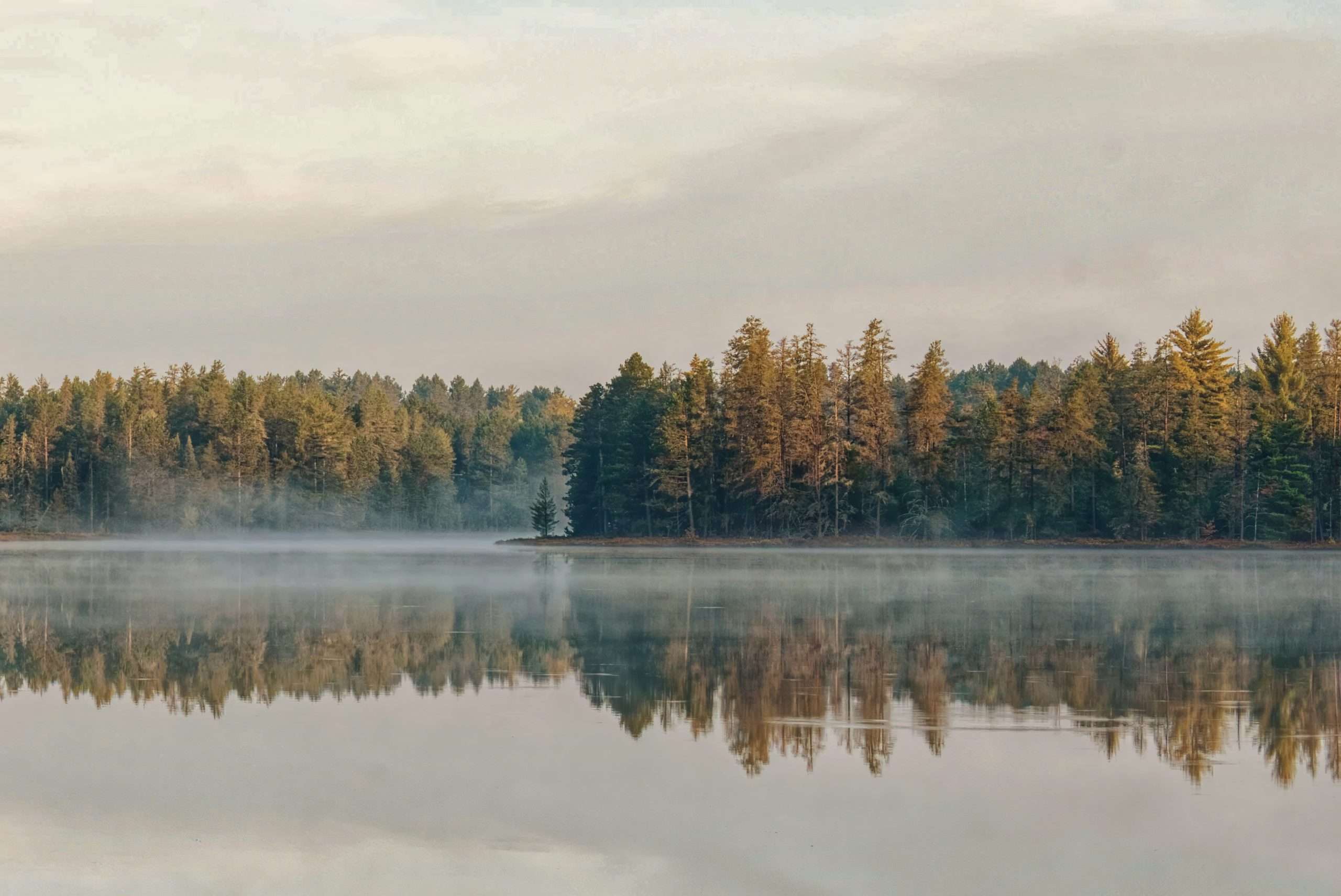
Natural Beauty and Resources in Michigan
Michigan is known for its scenic landscapes and abundance of natural resources, making it an ideal state for off-grid living. From the Great Lakes to the forests and wetlands, Michigan offers stunning natural beauty that can be enjoyed by off-grid residents. The state’s natural resources, including timber, freshwater, and fertile soil, provide ample opportunities for self-sufficiency and sustainability. Whether you’re looking to hike through the picturesque trails or fish in the pristine lakes, Michigan’s natural beauty is sure to captivate off-grid enthusiasts.
Engaging with Off-Grid Communities
One of the key benefits of off-grid living in Michigan is the opportunity to engage with off-grid communities. These communities can provide valuable support, knowledge, and resources for those transitioning to an off-grid lifestyle. By connecting with other like-minded individuals, off-grid residents can learn from each other’s experiences, share tips and tricks, and build a strong support network. Engaging with off-grid communities in Michigan can make the transition to off-grid living smoother and more enjoyable.
Benefits of community support
Living off the grid can be challenging at times, but having a supportive community can make a world of difference. Off-grid communities often share a common goal of sustainability and self-sufficiency, creating a sense of camaraderie and shared values. The support and guidance offered by these communities can help off-grid residents navigate the unique challenges they may encounter, from sourcing renewable energy to growing their own food. By engaging with off-grid communities in Michigan, you can tap into a wealth of knowledge and support to make your off-grid journey a success.
Gaining knowledge and resources from off-grid communities
Off-grid communities in Michigan are a treasure trove of knowledge and resources. Through workshops, seminars, and informal gatherings, off-grid residents can learn valuable skills and techniques for sustainable living. From building and maintaining solar panels to managing water systems, off-grid communities can provide hands-on learning opportunities for those looking to enhance their self-sufficiency. Additionally, these communities often have established networks for sharing resources and tools, further reducing the costs and challenges associated with off-grid living. By engaging with off-grid communities, you can gain knowledge, resources, and lifelong friendships.
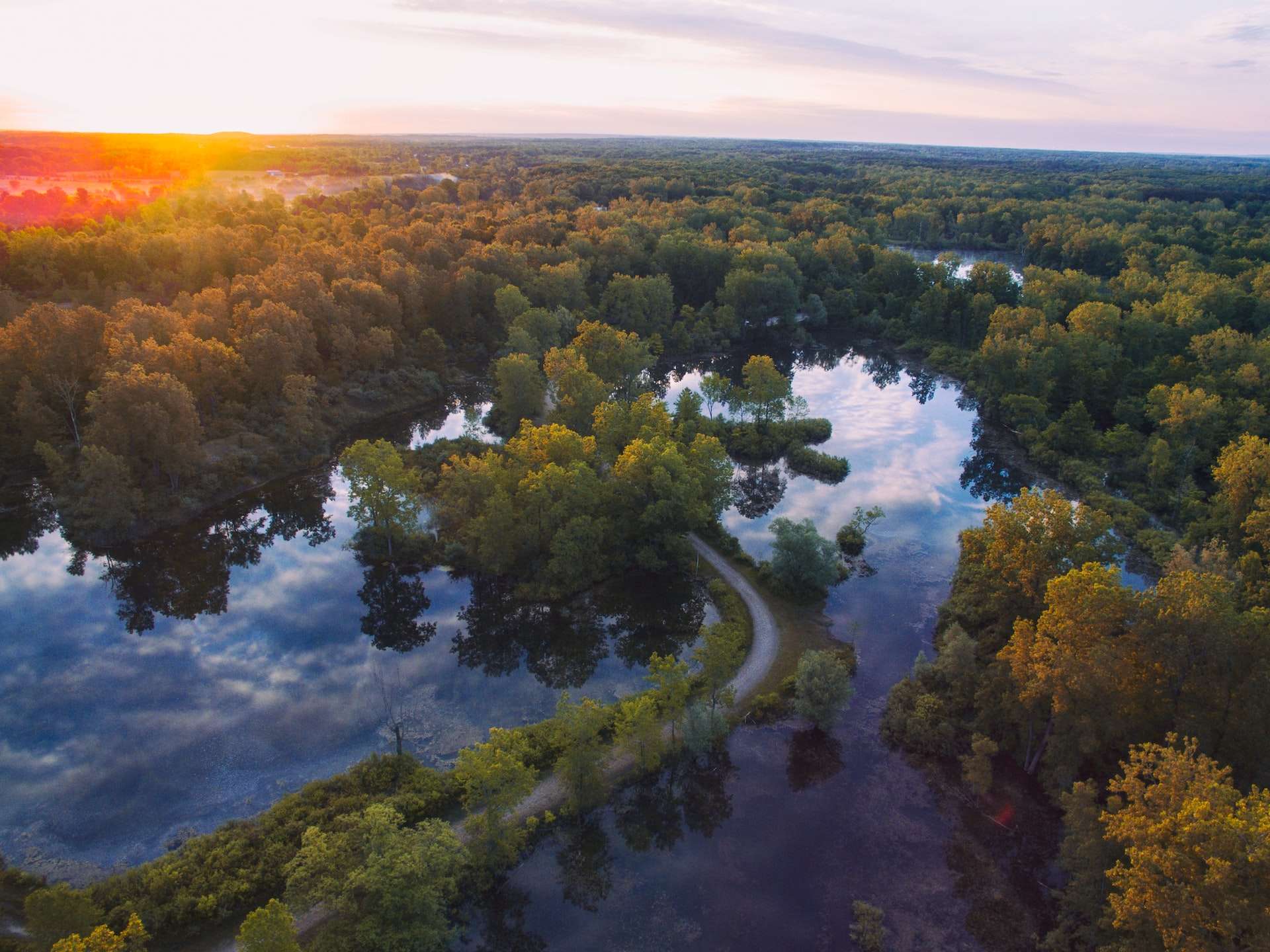
Legality of Off-Grid Living in Michigan
Before embarking on your off-grid journey in Michigan, it’s important to understand the legality of this lifestyle in the state. Fortunately, living off the grid is legal in Michigan, meaning that you have the freedom to embrace a self-sufficient lifestyle without legal restrictions. However, it’s worth noting that local regulations may vary, so it’s important to research and understand the specific regulations and requirements in the county or township where you plan to live. It’s always a good idea to consult with local authorities and experts to ensure that you are in compliance with any relevant regulations.
Off-grid living is legal
In Michigan, there are no state laws that explicitly prohibit off-grid living. This means that you have the legal right to disconnect from public utilities, generate your own power, and live self-sufficiently. As long as you are not violating any specific laws or regulations, you are free to embrace the off-grid lifestyle.
Local regulations may vary
While off-grid living is legal in Michigan, it’s important to recognize that local regulations may vary. Each county or township may have its own set of rules and regulations that govern land use and off-grid living. For example, there may be restrictions on the size and location of dwellings, limitations on renewable energy systems, or requirements for waste management. It’s crucial to research and understand these regulations specific to your chosen location to ensure compliance. Consulting with local authorities or seeking the advice of legal professionals can help clarify any uncertainties and ensure a smooth off-grid living experience.
Factors Influencing Easiest Place to Live Off-Grid
Determining the easiest place to live off-grid in Michigan depends on various factors, including individual preferences and comparisons with other states.
Individual preferences
The easiest place to live off-grid in Michigan is highly subjective and personal. It largely depends on individual preferences and priorities. Some may prioritize access to natural resources, while others may prioritize a specific climate or proximity to urban areas. By considering what is most important to you in your off-grid lifestyle, you can narrow down the options and find the easiest place to live off-grid in Michigan that aligns with your unique preferences.
Comparison with states like Alaska, Montana, and Idaho
While Michigan offers favorable conditions for off-grid living, it’s worth noting that other states, such as Alaska, Montana, and Idaho, are often considered easier for this lifestyle. These states often have more open land, fewer regulations, and a longstanding off-grid culture. They may provide more options and resources for off-grid enthusiasts. However, for those with ties to Michigan or a preference for its specific features, the Great Lakes State still offers excellent opportunities for off-grid living.
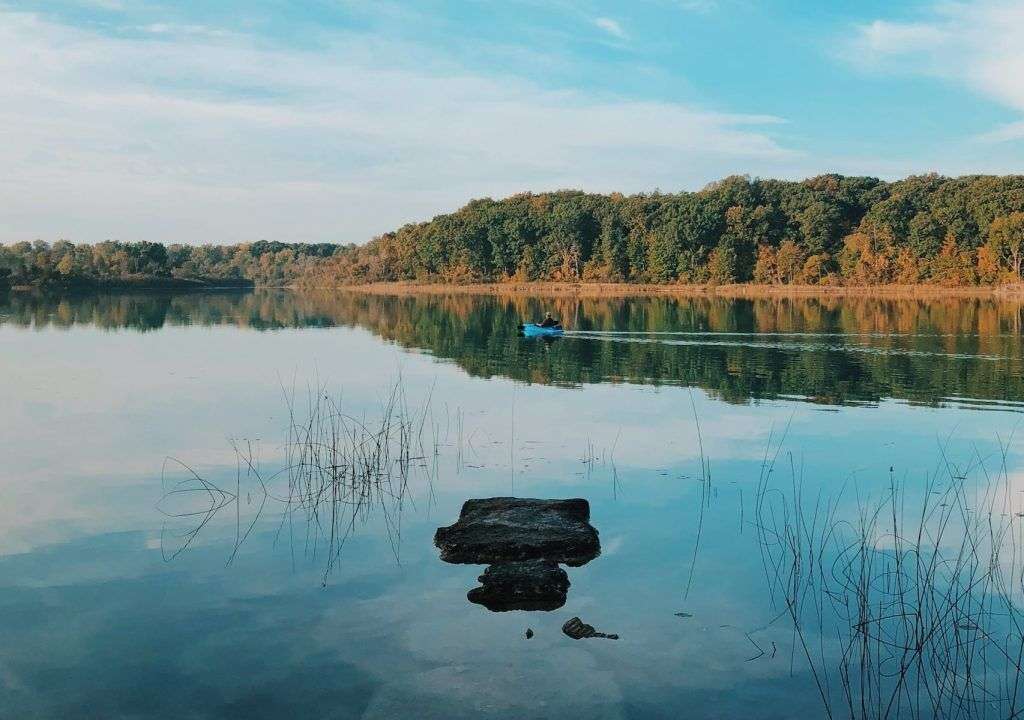
Determining the Cheapest Place to Live Off-Grid
For those considering off-grid living, the affordability of a location is an important factor to consider. Determining the cheapest place to live off-grid in Michigan depends on various factors, including land prices and the cost of living.
Factors influencing cost
Several factors can influence the overall cost of off-grid living in a particular location. One of the most significant factors is land prices. The cost of purchasing land can vary greatly depending on the county and its proximity to natural resources. Additionally, the cost of living in a specific area, including expenses such as groceries, utilities, and healthcare, can also impact the affordability of off-grid living. By considering these factors and researching the specific costs associated with different counties in Michigan, you can determine the cheapest place to live off-grid based on your budget and financial goals.
Varied cheapest options
The cheapest place to live off-grid in Michigan can vary depending on individual circumstances and preferences. For some, a county with lower land prices may be the most affordable option. For others, a location with a lower cost of living may provide greater overall affordability. It’s important to carefully consider your budget, resource needs, and personal preferences when determining the cheapest place to live off-grid in Michigan. By conducting thorough research and assessing your priorities, you can find a cost-effective location that meets your needs and allows you to embrace the off-grid lifestyle within your means.
In conclusion, Michigan is a fantastic state for off-grid living, despite its harsh winters. The best counties for off-grid living in Michigan include Macomb County, Hillsdale County, Keweenaw County, Huron County, Jackson County, Van Buren County, and Marquette County. These counties offer unique advantages and considerations, such as low property prices, a low cost of living, access to fresh water, and stunning natural beauty. Engaging with off-grid communities in Michigan can provide support, knowledge, and resources for this lifestyle. Off-grid living is legal in Michigan, although local regulations may vary. Factors like individual preferences and comparisons with other states can influence the easiest and cheapest places to live off-grid. Regardless of the specific county you choose, Michigan offers a wealth of opportunities for a fulfilling and sustainable off-grid lifestyle.

